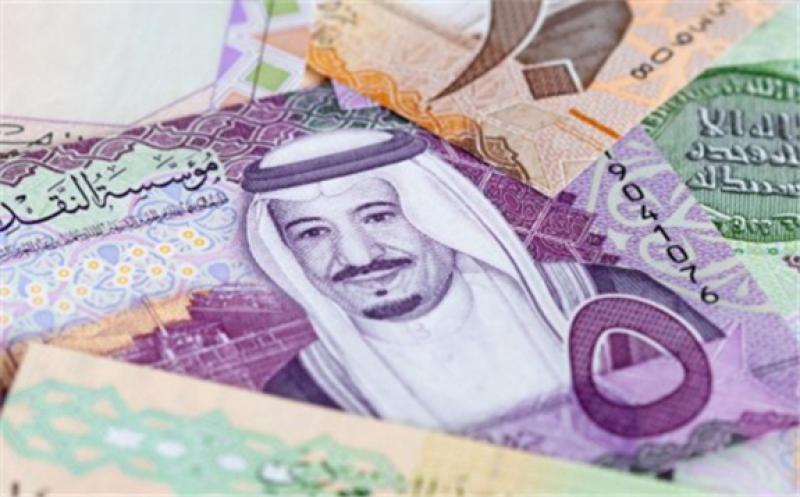Saudi Arabia’s economic outlook for this year remains uncertain amid the pandemic-driven economic slowdown and the collapse in oil prices that led to the Kingdom slashing its oil production as part of the new OPEC+ pact.

According to the governor of the Saudi Arabian Monetary Authority (SAMA),
Ahmed al-Kholifey, the world’s top oil exporter is financially stable, but this year’s crisis has led to an uncertain economic outlook for 2020.
“For us, in our situation, the cut in oil production and the impact of the virus, they have impacted the growth projections,” al-Kholifey said at a virtual conference, as carried by Reuters.
Saudi Arabia’s budget and oil revenues have taken a hit this year after oil prices collapsed in March, due to, among other things, the oil price war that the Kingdom initiated.
Oil revenues have been plunging year over year since March, as prices plummeted with the coronavirus-driven demand crash and the Saudis flooding the market with oil in April.
The deficit in the Kingdom’s finances in Q2—the worst quarter for oil in decades—stood at US$29 billion because of the continued slump in oil prices and oil demand.
The Saudi authorities have implemented some austerity measures to shore up finances and plug the gap in oil revenues that opened with the price crash.
Saudi Arabia tripled its value-added tax (VAT) and suspended cost-of-living allowances as part of a new round of painful austerity measures to save its finances. As a whole, Saudi Arabia targeted to save US$26.6 billion (100 billion Saudi riyals) from the measures, which also included canceling, extending, or postponing some operational and capital expenditures for some government agencies, as well as reducing provisions for a number of programs and major projects this year.
In July, the International Monetary Fund (IMF) said that the price plunge and the production cuts would hit oil exporters in the Middle East and North Africa (MENA) hard, with the combined oil income for those countries expected to plummet by US$270 billion this year compared to 2019.